 |
 |
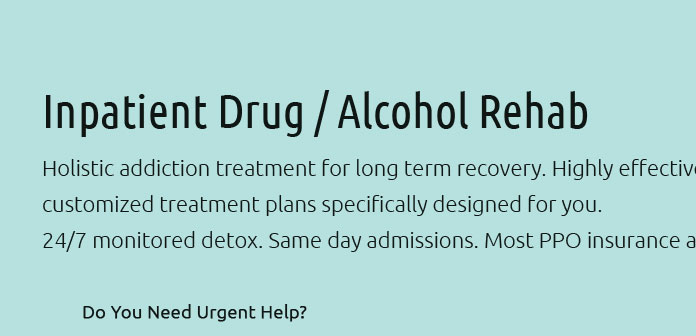 |
 |
 |
 |
||
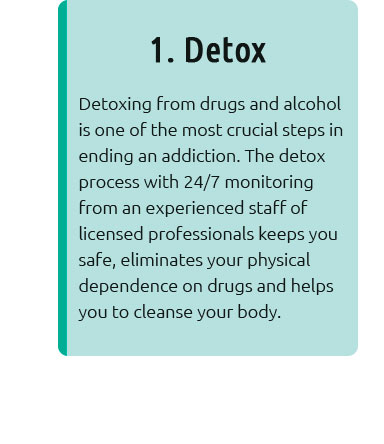 |
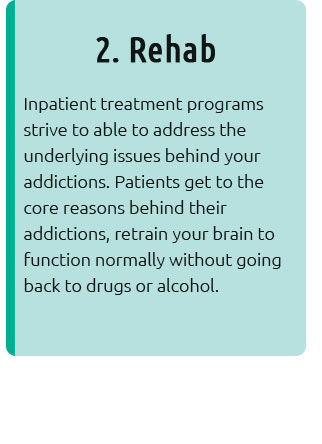 |
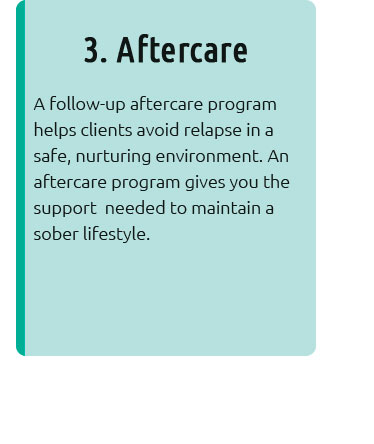 |
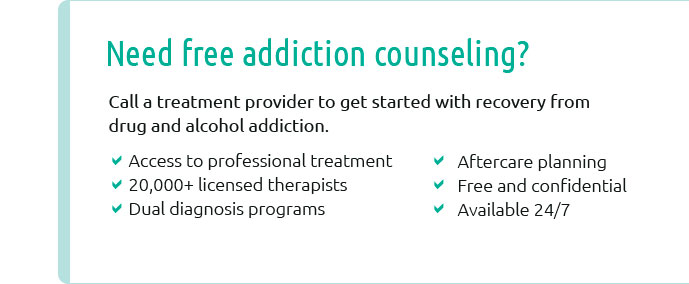 |
 |
 |
 |
||
 |
||
 |
||
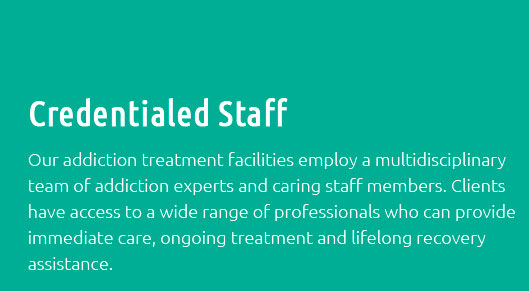 |
 |
 |
|
 |
|
Understanding Drug Rehabilitation: A Path to RecoveryDrug rehabilitation, often referred to as rehab, is a critical process for individuals grappling with substance use disorders. This complex journey is not only about quitting drugs but also about building a new, healthier life. The road to recovery is unique for each person, encompassing various therapeutic strategies, support systems, and personal commitment. In this article, we will explore the fundamental components of drug rehabilitation, its significance, and practical advice for those considering this life-changing step. First and foremost, it's essential to recognize that rehabilitation is a highly individualized process. No two people experience addiction in the same way, which means that treatment must be tailored to fit the specific needs of the individual. This is why professional assessment is crucial at the onset of the rehabilitation journey. A comprehensive evaluation helps in determining the most suitable treatment plan, often incorporating a blend of detoxification, therapy, and aftercare.
The importance of support systems cannot be overstated in the rehabilitation process. Family, friends, and peer support groups offer emotional encouragement, understanding, and accountability. For many, this community support is indispensable in navigating the ups and downs of recovery. Furthermore, rehab centers often provide structured environments that foster a sense of security and belonging, which can be incredibly empowering. While the path to recovery is undeniably challenging, it is also profoundly rewarding. Drug rehabilitation offers individuals the opportunity to rediscover themselves, rebuild their lives, and forge a future free from the constraints of addiction. It's a courageous step that requires determination and resilience, but the benefits-renewed health, repaired relationships, and personal growth-are immeasurable. For those considering rehabilitation, it's important to approach the process with an open mind and a willingness to change. Seeking help is not a sign of weakness but rather a brave decision to regain control and improve one's quality of life. In conclusion, drug rehabilitation is a transformative journey that embodies hope, healing, and the possibility of a brighter tomorrow. With the right support and dedication, recovery is not just a possibility but a reality waiting to be embraced. https://uncf.org/the-latest/help-people-recover-from-addiction-with-a-degree-in-drug-rehabilitation-services
If you're a compassionate person who loves helping people and is interested in the process of addiction recovery, a career in drug rehabilitation services ... https://dhss.delaware.gov/dhss/dsamh/substance_abuse.html
The Division of Substance Abuse and Mental Health (DSAMH) provides public drug and alcohol treatment services for adults, primarily through contracts with ... https://www.discoverynj.org/programs/nj-drug-rehabilitation/
Individuals with severe addictions that do attend drug rehab, should enter an inpatient or residential rehab program. What is Residential Treatment? Residential ...
|